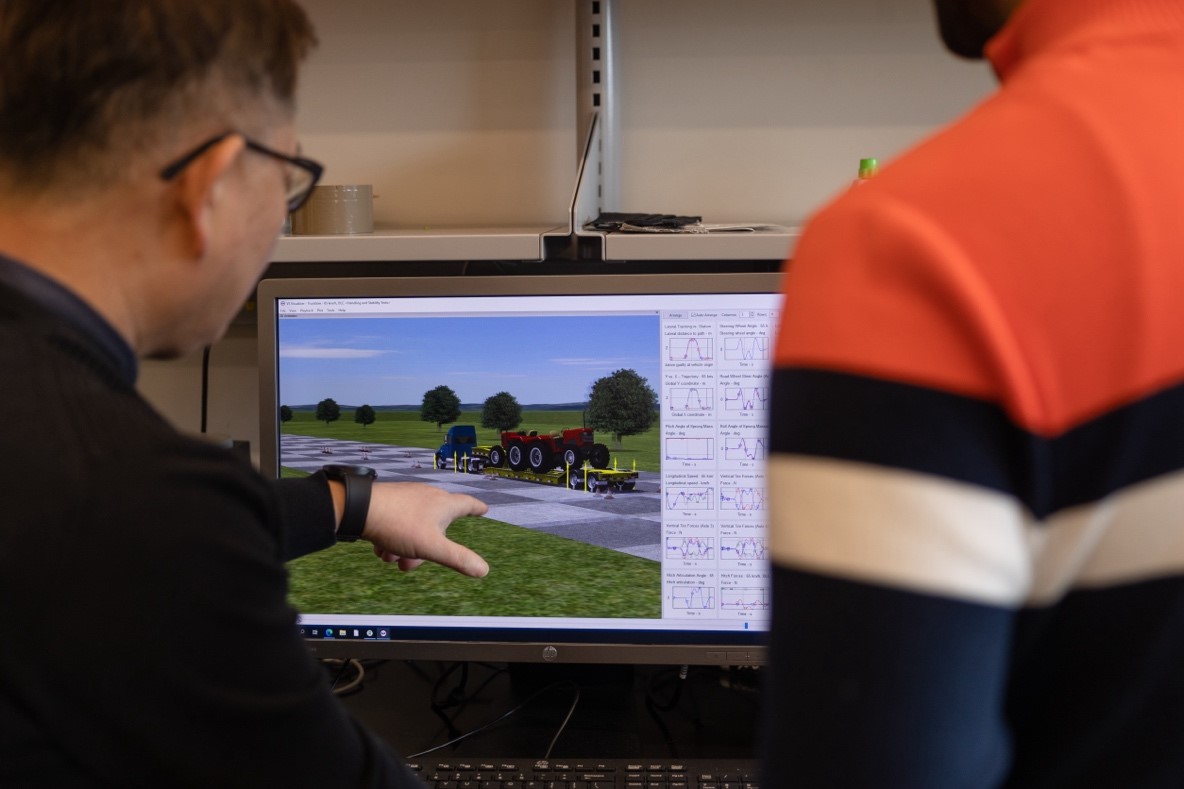Gain Advanced Technical Expertise
 Dive into the fast-paced, constantly evolving world of the automotive industry with the Master of Science in Engineering in automotive and mobility systems engineering at the University of Michigan-Dearborn. Our program equips you with the advanced technical expertise required as the industry shifts towards electric and hybrid drives, intelligent control systems, autonomous vehicles, and new mobility solutions. Our interdisciplinary program offers a broad perspective on automotive systems engineering combined with depth in major thrust areas in the form of study concentrations. You’ll learn from PhD faculty engaged in cutting-edge research and from leading industry experts.
Dive into the fast-paced, constantly evolving world of the automotive industry with the Master of Science in Engineering in automotive and mobility systems engineering at the University of Michigan-Dearborn. Our program equips you with the advanced technical expertise required as the industry shifts towards electric and hybrid drives, intelligent control systems, autonomous vehicles, and new mobility solutions. Our interdisciplinary program offers a broad perspective on automotive systems engineering combined with depth in major thrust areas in the form of study concentrations. You’ll learn from PhD faculty engaged in cutting-edge research and from leading industry experts.
You can take classes for the 30-credit master’s degree in person, online, or a combination of both.
Where an MSE in Automotive and Mobility Systems Engineering Will Take You
This program prepares you for careers in design, development, and manufacturing of automotive systems. The comprehensive knowledge and skills you'll acquire can also lead to leadership roles in automotive engineering fields.

